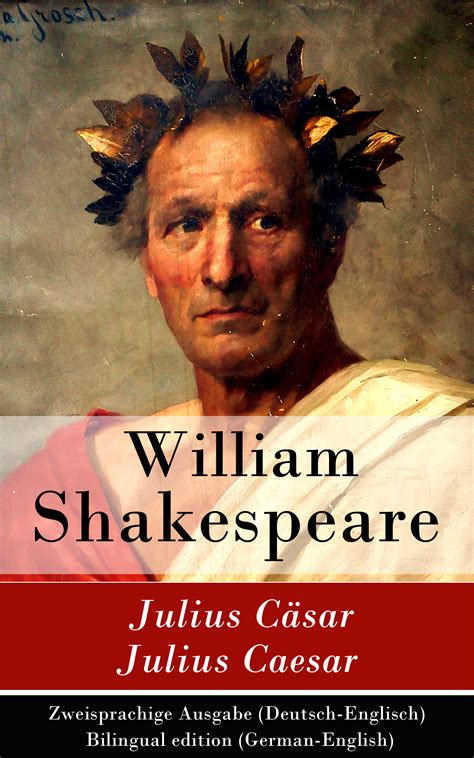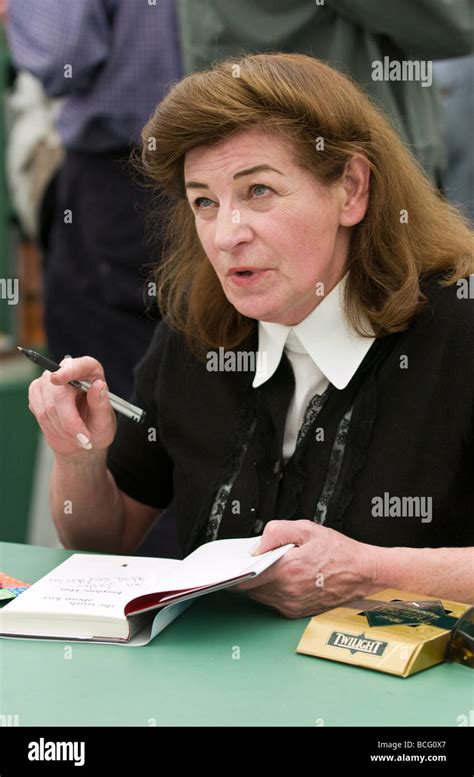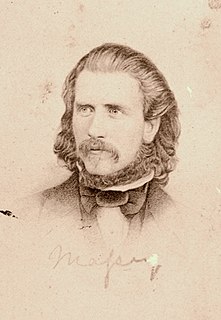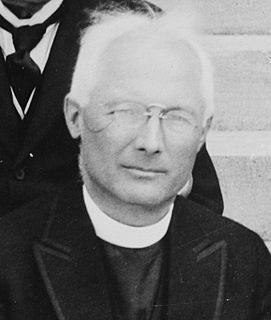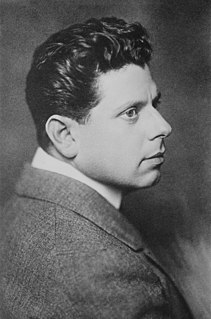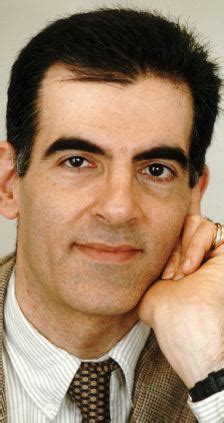A Quote by William Mountford
The second childhood of a saint is the early infancy of a happy immortality, as we believe.
Related Quotes
They say that childhood forms us, that those early influences are the key to everything. Is the peace of the soul so easily won? Simply the inevitable result of a happy childhood. What makes childhood happy? Parental harmony? Good health? Security? Might not a happy childhood be the worst possible preparation for life? Like leading a lamb to the slaughter.
Happy those early days when I Shined in my Angel-infancy. Before I understood this place Appointed for my second race, Or taught my soul to fancy aught But a white, celestial thought; When yet I had not walked above A mile or two from my first love, And looking back (at that short space) Could see a glimpse of His bright face. When on some gilded cloud or flower My gazing soul would dwell an hour And in those weaker glories spy Some shadows of eternity.
I certainly don't think it's inevitable that we don't love children who don't carry our own DNA. If that were true we wouldn't have millions of successful adoptions to consider. I do think that it's harder to love a child when you come into that child's life after the unrequited passion of infancy and early childhood has passed.
I hope that I state your case fairly: One of my great fears is misrepresenting you, even to myself, now that you are not here to set me right. The truth is that you did not believe in idealism. All love was suspect; even a saint's was just differed self-interest. And it was impossible to argue without sounding either sentimental or naive. Cynicism has all the smart words on it's side; idealism uses a nursery school dictionary. And you studied early to disguise your childhood pain. But it is not universal.
To some degree, the critic arises out of that negativity bias in that our brains are oriented towards threat and toward survival. The critic really started as a survivor mechanism in early infancy and childhood when we were trying to navigate our early family system and culture; when we're learning how to fit in so we could optimize that flow of love and affection. It was an internal voice telling us to shut certain patterns and reactions down, that negativity bias that's always looking for what's wrong, looking for the threat.
Enjoy the blessing of strength while you have it and do not bewail it when it is gone, unless, forsooth, you believe that youth must lament the loss of infancy, or early manhood the passing of youth. Life's race-course is fixed; Nature has only a single path and that path is run but once, and to each stage of existence has been allotted its own appropriate quality; so that the weakness of childhood, the impetuosity of youth, the seriousness of middle life, the maturity of old age.. each bears some of Nature's fruit, which must be garnered in its own season.
